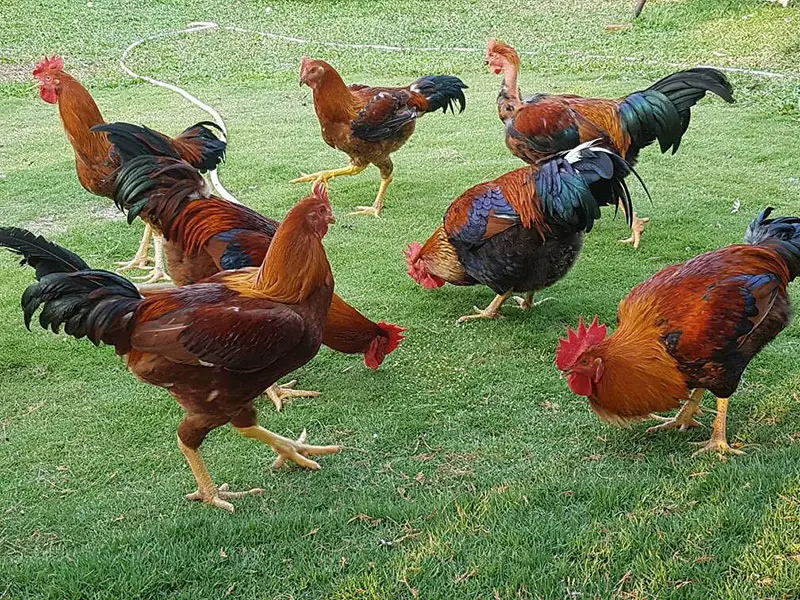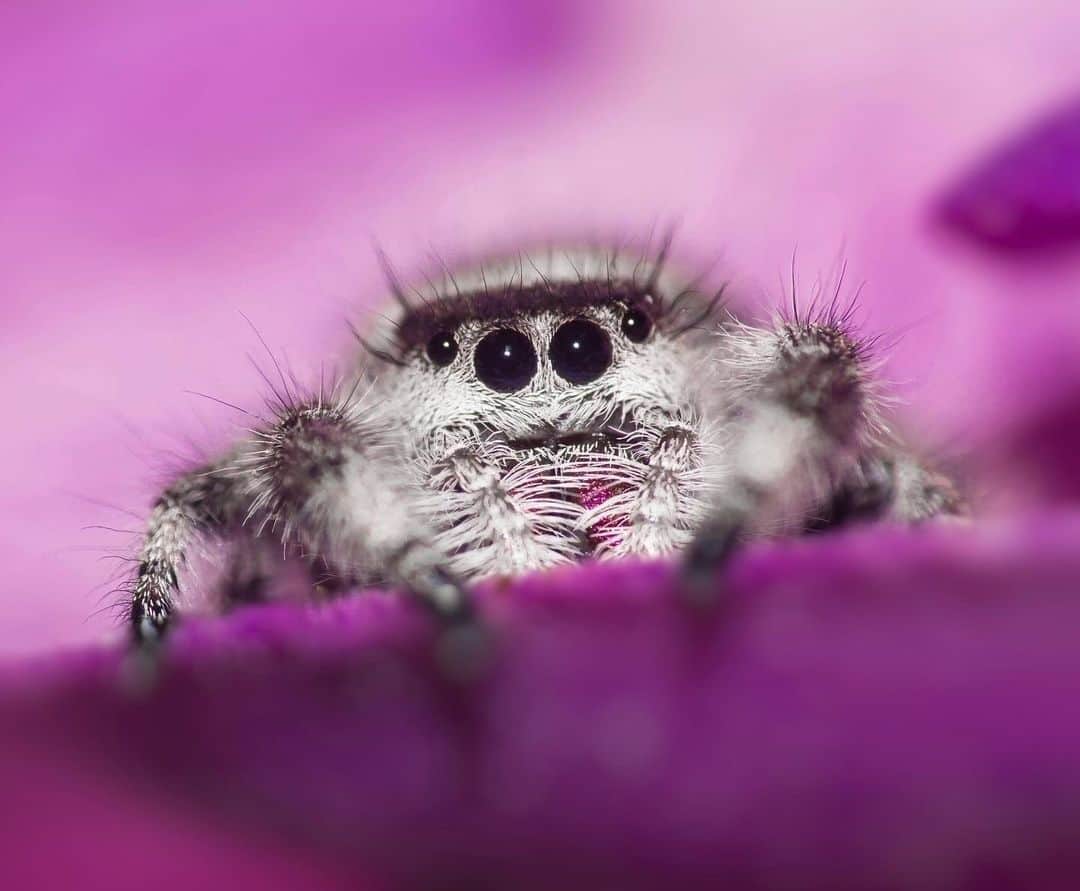From backyard companions to barnyard staples, chickens have captured our hearts and filled our plates for centuries. But beyond their delicious eggs and fluffy feathers lies a world of fascinating behavior and unique language. One intriguing aspect of this world involves the terms used to describe groups of these clucking creatures. Let’s delve into the collective nouns for chickens and explore the diverse ways they gather and interact.
Collective Nouns for Chickens
Unlike some animals with singular collective nouns, chickens boast a diverse vocabulary depending on the context and composition of the group:
- Brood: This term evokes the image of a family unit, specifically a mother hen and her chicks. It captures the nurturing and protective bond between the mother and her offspring, often seen diligently searching for food or huddled together for warmth.
Example: The farmer watched with a smile as the brood of chickens pecked at the ground, the mother hen clucking protectively nearby.
- Flock: This is the most common and widely used collective noun for chickens. It encompasses a larger group of chickens, often unrelated, living and moving together. Flocks can be seen roaming farms, foraging for food, or simply enjoying the company of their fellow feathered friends.
Example: As dawn broke, the flock of chickens emerged from the coop, their excited clucking echoing across the farmyard.
- Peep: This playful term refers to a group of young chicks, often associated with their distinctive high-pitched chirps. It captures the immaturity and playful energy of these young birds as they explore their surroundings and learn from their elders.
Example: The children squealed with delight at the sight of a peep of chickens following their mother hen across the lawn.
- Clutch: This term refers specifically to a group of eggs laid by a single hen during a single nesting period. It carries a sense of anticipation and potential, representing the future generation of chickens waiting to hatch and join the clucking chorus.
Example: The farmer carefully collected the clutch of chickens from the nest, ensuring they were incubated under warm conditions.
Interesting Facts About Chickens
Understanding collective nouns enriches our vocabulary, but venturing deeper into the world of chickens reveals their remarkable characteristics:
- Social By Nature: While chickens can be territorial towards strangers, they are generally social creatures who thrive in the company of their flock. They communicate through a variety of clucks, cackles, and other vocalizations, forming complex social hierarchies within the flock.
- Masters of Scratching: Chickens possess an innate instinct to scratch the ground using their powerful legs and beaks. This behavior not only helps them search for food, such as worms and insects, but also aerates the soil, contributing to its health.
- Egg-cellent Laying Machines: Chickens are renowned for their prolific egg-laying abilities. Depending on the breed, a single hen can lay up to 300 eggs per year, making them a valuable source of protein and nutrition for humans.
- Surprisingly Intelligent Creatures: Contrary to popular belief, chickens are intelligent birds capable of problem-solving and learning simple tasks. Studies have shown they can recognize up to 100 different human faces and even exhibit basic mathematical skills.
Final Thoughts
From the nurturing “brood” to the lively “flock” and the chirping “peep,” the collective nouns for chickens offer a glimpse into the diverse ways these fascinating creatures gather and interact. Understanding these terms and appreciating their unique characteristics fosters a deeper connection with these feathered friends and the vital role they play in our world. So, the next time you hear the clucking chorus of a chicken flock, take a moment to appreciate the complex social dynamics and captivating world that lies beneath the surface of these seemingly simple creatures.
Also Read:







4 thoughts on “What is a Group of Chickens Called? Collective Nouns”